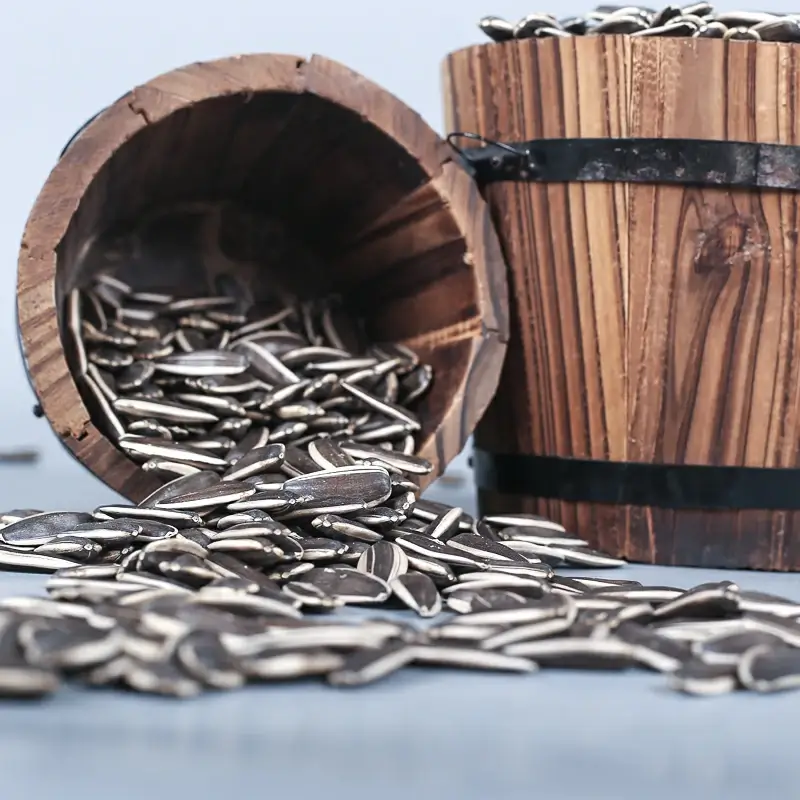-
 Afrikaans
Afrikaans -
 Albanian
Albanian -
 Amharic
Amharic -
 Arabic
Arabic -
 Armenian
Armenian -
 Azerbaijani
Azerbaijani -
 Basque
Basque -
 Belarusian
Belarusian -
 Bengali
Bengali -
 Bosnian
Bosnian -
 Bulgarian
Bulgarian -
 Catalan
Catalan -
 Cebuano
Cebuano -
 Corsican
Corsican -
 Croatian
Croatian -
 Czech
Czech -
 Danish
Danish -
 Dutch
Dutch -
 English
English -
 Esperanto
Esperanto -
 Estonian
Estonian -
 Finnish
Finnish -
 French
French -
 Frisian
Frisian -
 Galician
Galician -
 Georgian
Georgian -
 German
German -
 Greek
Greek -
 Gujarati
Gujarati -
 Haitian Creole
Haitian Creole -
 hausa
hausa -
 hawaiian
hawaiian -
 Hebrew
Hebrew -
 Hindi
Hindi -
 Miao
Miao -
 Hungarian
Hungarian -
 Icelandic
Icelandic -
 igbo
igbo -
 Indonesian
Indonesian -
 irish
irish -
 Italian
Italian -
 Japanese
Japanese -
 Javanese
Javanese -
 Kannada
Kannada -
 kazakh
kazakh -
 Khmer
Khmer -
 Rwandese
Rwandese -
 Korean
Korean -
 Kurdish
Kurdish -
 Kyrgyz
Kyrgyz -
 Lao
Lao -
 Latin
Latin -
 Latvian
Latvian -
 Lithuanian
Lithuanian -
 Luxembourgish
Luxembourgish -
 Macedonian
Macedonian -
 Malgashi
Malgashi -
 Malay
Malay -
 Malayalam
Malayalam -
 Maltese
Maltese -
 Maori
Maori -
 Marathi
Marathi -
 Mongolian
Mongolian -
 Myanmar
Myanmar -
 Nepali
Nepali -
 Norwegian
Norwegian -
 Norwegian
Norwegian -
 Occitan
Occitan -
 Pashto
Pashto -
 Persian
Persian -
 Polish
Polish -
 Portuguese
Portuguese -
 Punjabi
Punjabi -
 Romanian
Romanian -
 Russian
Russian -
 Samoan
Samoan -
 Scottish Gaelic
Scottish Gaelic -
 Serbian
Serbian -
 Sesotho
Sesotho -
 Shona
Shona -
 Sindhi
Sindhi -
 Sinhala
Sinhala -
 Slovak
Slovak -
 Slovenian
Slovenian -
 Somali
Somali -
 Spanish
Spanish -
 Sundanese
Sundanese -
 Swahili
Swahili -
 Swedish
Swedish -
 Tagalog
Tagalog -
 Tajik
Tajik -
 Tamil
Tamil -
 Tatar
Tatar -
 Telugu
Telugu -
 Thai
Thai -
 Turkish
Turkish -
 Turkmen
Turkmen -
 Ukrainian
Ukrainian -
 Urdu
Urdu -
 Uighur
Uighur -
 Uzbek
Uzbek -
 Vietnamese
Vietnamese -
 Welsh
Welsh -
 Bantu
Bantu -
 Yiddish
Yiddish -
 Yoruba
Yoruba -
 Zulu
Zulu
Aug . 16, 2024 13:46 Back to list
Comparing Sunflower Seeds and Pumpkin Seeds in Nutritional Value and Health Benefits
China Sunflower Seeds vs. Pumpkin Seeds
The culinary world is rich with various nuts and seeds that not only add flavor and texture to dishes but also provide essential nutrients. Among the most popular seeds enjoyed in China are sunflower seeds and pumpkin seeds. Though both are widely consumed and beloved for their unique flavors and health benefits, they have distinct characteristics that set them apart. This article will explore the differences and similarities between these two seeds, delving into their nutritional aspects, culinary uses, and cultural significance in China.
Nutritional Value
Sunflower seeds, derived from the sunflower plant (Helianthus annuus), are known for their rich nutrient profile. They are an excellent source of vitamin E, magnesium, and healthy fats, particularly polyunsaturated fats. A small serving of sunflower seeds can provide considerable amounts of antioxidants, which are essential for combating oxidative stress in the body. They are also high in protein, making them an ideal snack for those seeking plant-based protein sources.
On the other hand, pumpkin seeds, or pepitas, come from the fruit of the pumpkin (Cucurbita pepo) and also boast impressive nutritional content. They are rich in zinc, iron, and magnesium, which are vital for overall health. Pumpkin seeds are particularly known for their high levels of antioxidants and essential fatty acids, contributing to heart health and improved immune function. Moreover, pumpkin seeds contain other vital nutrients such as tryptophan, which can aid in sleep regulation.
Culinary Uses
In China, sunflower seeds and pumpkin seeds are often enjoyed as snacks and used in various culinary preparations. Sunflower seeds are commonly roasted and salted, making them a popular snack during social gatherings and family gatherings. They are often eaten during festivals and celebrations, symbolizing good fortune and prosperity.
china sunflower seeds versus pumpkin seeds

Pumpkin seeds, too, are enjoyed as a snack, often roasted and seasoned with various spices to enhance their flavors. Moreover, they are used as an ingredient in traditional Chinese dishes, such as congee, where they add a delightful crunch and nutty flavor. In recent years, pumpkin seeds have gained popularity as a topping for salads and other dishes, reflecting the growing interest in healthy eating in urban areas.
Cultural Significance
Both sunflower seeds and pumpkin seeds hold cultural significance in China. Sunflower seeds are often associated with positive connotations, symbolizing happiness and positivity. Their consumption during festivals is believed to attract good luck and prosperity for the family.
Meanwhile, pumpkin seeds, particularly during the Mid-Autumn Festival, are often gifted as part of the mooncake tradition. They symbolize harvest and abundance, making them an essential part of seasonal celebrations. The act of sharing these seeds fosters connections among family and friends, aiding in the continuation of cultural practices.
Conclusion
In conclusion, sunflower seeds and pumpkin seeds are two nutritious, delicious, and culturally significant snacks that are deeply rooted in Chinese culinary traditions. While they share similarities, such as being rich in essential nutrients and versatile in culinary uses, they each have unique flavors, textures, and symbolic meanings. Whether enjoyed alone, as part of a dish, or during festive celebrations, both seeds play a vital role in the tapestry of Chinese cuisine, highlighting the diversity and richness of the country's food culture. As more people worldwide discover the benefits of these seeds, they continue to hold their place in the hearts and palates of many, transcending borders and cultures.
-
Premium Melon Seeds - Healthy Crunchy Snacks AI Optimized
NewsAug.01,2025
-
Premium Biscuits: Luxury Packaging & Exquisite Taste
NewsJul.31,2025
-
Bulk Sunflower Seeds Exporter | Buy Wholesale Today
NewsJul.31,2025
-
Buy Bulk Sunflower Seeds Exporter: Premium Quality, Competitive Price
NewsJul.30,2025
-
Premium Macadamia Nuts - Fresh, Crunchy & Healthy Snack Choice
NewsJul.30,2025
-
Premium Biscuits Packaging – Elegant, Durable & Customizable Solutions
NewsJul.29,2025
